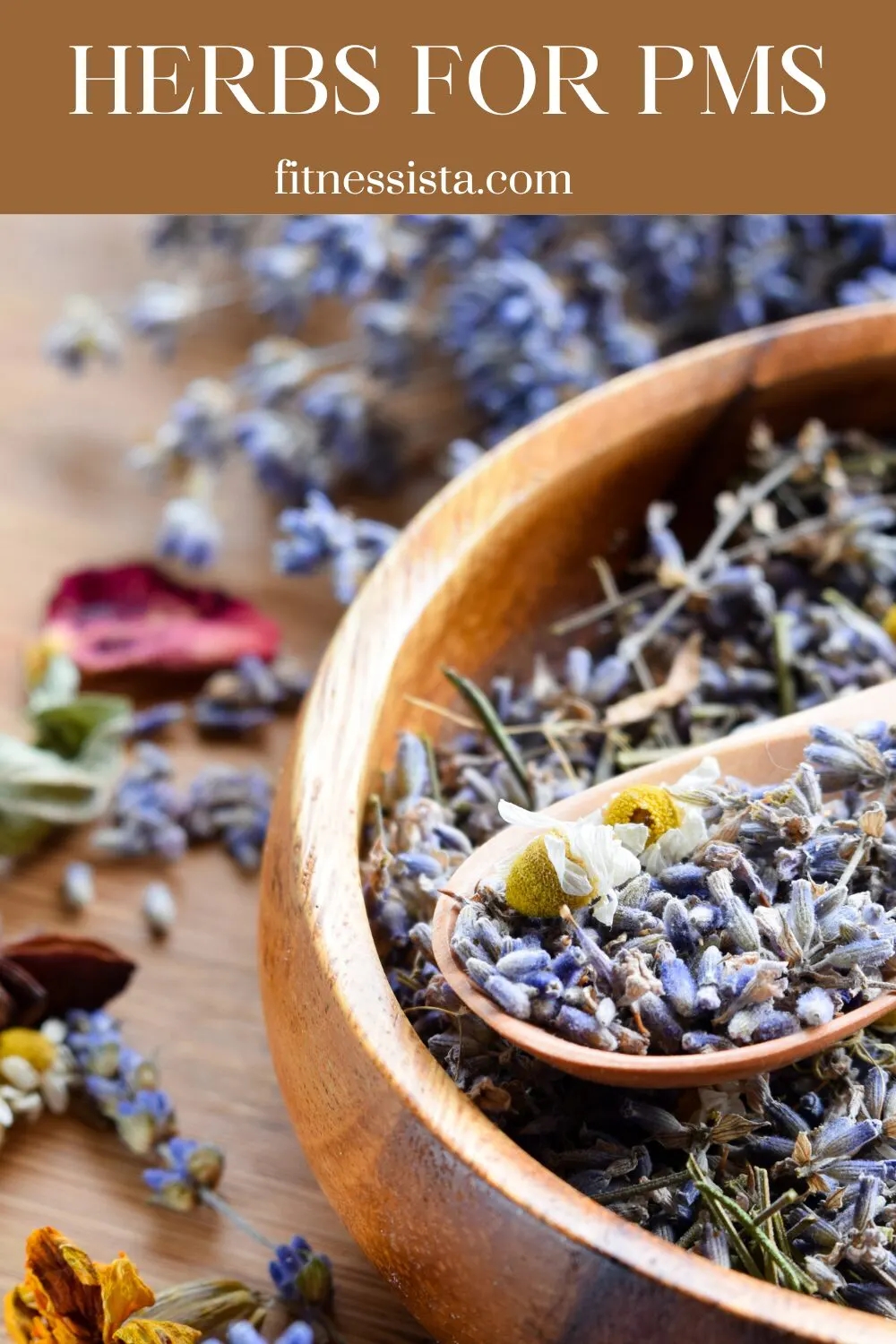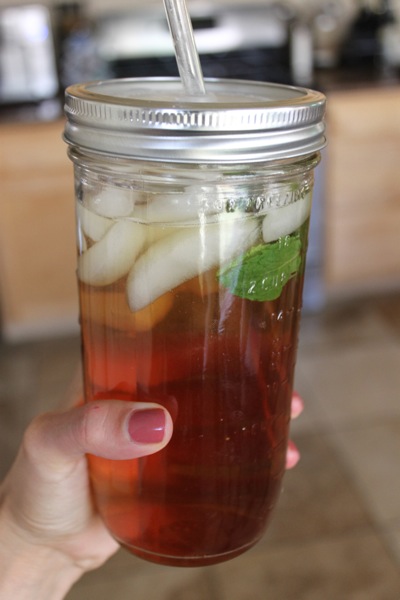Sharing some of my favorite herbs for treating PMS.
Hi friends! Are you OK? Happy Valentine’s Day! ! I hope you had a wonderful morning. I’m looking forward to attending Mass with the kids tonight (it’s also Ash Wednesday) and a nice family dinner. I hope you have a great day too.
Today, let’s talk about PMS and some herbs that may help!
For many women, a series of uncomfortable symptoms may occur in the days before menstruation, collectively known as premenstrual syndrome (PMS). While managing these symptoms may feel like an uphill battle, nature offers plenty of treatments in the form of herbal remedies. In this article, I’ll share some popular herbal solutions for PMS and explore their benefits, uses, and precautions that can help you relieve pain naturally.
Also remember that while PMS is common, it’s not “normal.” It is possible to have a completely peaceful cycle, but it requires some lifestyle changes, a nervous system reset, and nutritional adjustments. While herbs can be a beneficial addition to your daily routine, they cannot make up for your lifestyle or daily habits.

Best Herbal Medicines for Premenstrual Syndrome
Learn about PMS and herbal remedies
Premenstrual syndrome includes a range of physical and emotional symptoms that occur in the days before menstruation. From bloating and mood swings to headaches and fatigue, these symptoms can seriously impact daily life. Herbal remedies offer a holistic approach to managing PMS by addressing underlying hormonal imbalances and supporting overall health.
Herbal remedies for premenstrual syndrome
Chasteberry (Vitex agus-castus):
Chasteberry is known for its ability to balance hormones, specifically by increasing progesterone levels. This can relieve symptoms such as restlessness, breast tenderness, and bloating.
Angelica sinensis (Angelica sinensis):
Angelica sinensis is a traditional Chinese herbal medicine known for its regulating effects on the menstrual cycle. It can help relieve menstrual pain, improve blood flow, and regulate hormonal fluctuations.
Evening Primrose Oil:
Evening primrose oil is rich in gamma-linolenic acid (GLA), which is prized for its anti-inflammatory properties. It can help reduce breast tenderness, bloating and mood swings associated with PMS.
Black cohosh (Actaea racemosa):
Black cohosh can help relieve menopausal symptoms, including hot flashes and mood swings. It may also help relieve PMS symptoms, such as irritability and anxiety.
Ginger (Zingiber officinale):
Ginger is known for its anti-inflammatory properties, making it a valuable ally in the fight against menstrual cramps and the digestive discomfort associated with PMS.
Spasmodic Bark (Viburnum opulus):
As the name suggests, spasmodic bark is very effective in relieving menstrual cramps and muscle tension. It works by relaxing the uterine muscles, reducing pain and discomfort.
Wild Yam (Dioscorea villosa):
Wild yams contain compounds that mimic natural progesterone, making them beneficial for hormonal balance. It can relieve PMS symptoms such as mood swings, breast tenderness, and bloating. Wild yam is best used during the luteal phase of the cycle (after ovulation until the start of the cycle).
Passionflower (Passiflora incarnata):
Passionflower is revered for its calming properties, making it ideal for reducing anxiety and promoting relaxation during the premenstrual phase. It can also help improve sleep quality.
Red Raspberry Leaf (Rubus idaeus):
Red Raspberry Leaf is a uterine supplement that supports reproductive health. It can help regulate the menstrual cycle, reduce heavy bleeding, and relieve cramps associated with PMS. It’s also a key ingredient in my favorite pregnancy tea.
How to use herbs
Tea: Use dried herbs or tea bags to brew herbal tea. Drink 1-3 cups a day, preferably a week before your period.
Tinctures: Dilute herbal tinctures with water or juice and take according to package directions.
Capsules: Take herbal supplements in capsule form as directed by your healthcare provider or herbalist.

Advantages and Disadvantages of Herbal Treatment for Premenstrual Syndrome
advantage:
A natural and holistic approach to symptom management.
There are fewer side effects than traditional medications.
Address underlying hormonal imbalances.
shortcoming:
Results may vary from person to person.
It may take a while to see noticeable results.
Potential interactions with medications or existing health conditions.
Disclaimer: Consult your healthcare provider
Before incorporating any herbal remedies into your daily routine, It is important to consult your healthcare provider, Especially if you are pregnant, nursing, or have an underlying health condition. While herbs can provide significant benefits, they may also interact with medications or have contraindications that need to be considered.
Herbal remedies can provide a natural and effective way to control PMS symptoms, relieve discomfort and promote hormonal balance. If you’d like to test out how your hormone levels and cortisol actually change throughout the day, you can request 1:1 coaching here or join our Vitality Program!
Registration opens today and we will start in groups on February 26th.
XOXO
Gina
more:
Premenstrual syndrome self-care
Natural Treatments for Premenstrual Syndrome
How to eat during menstruation
Optimizing exercise through the menstrual cycle
